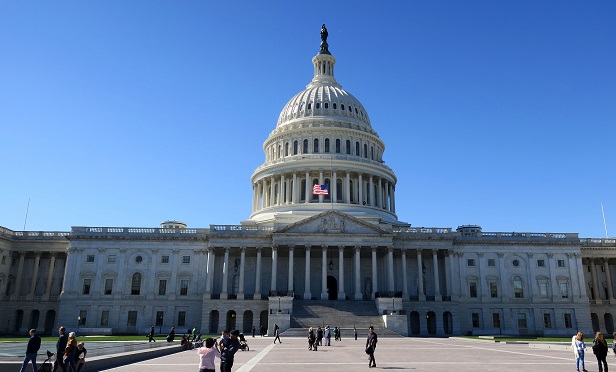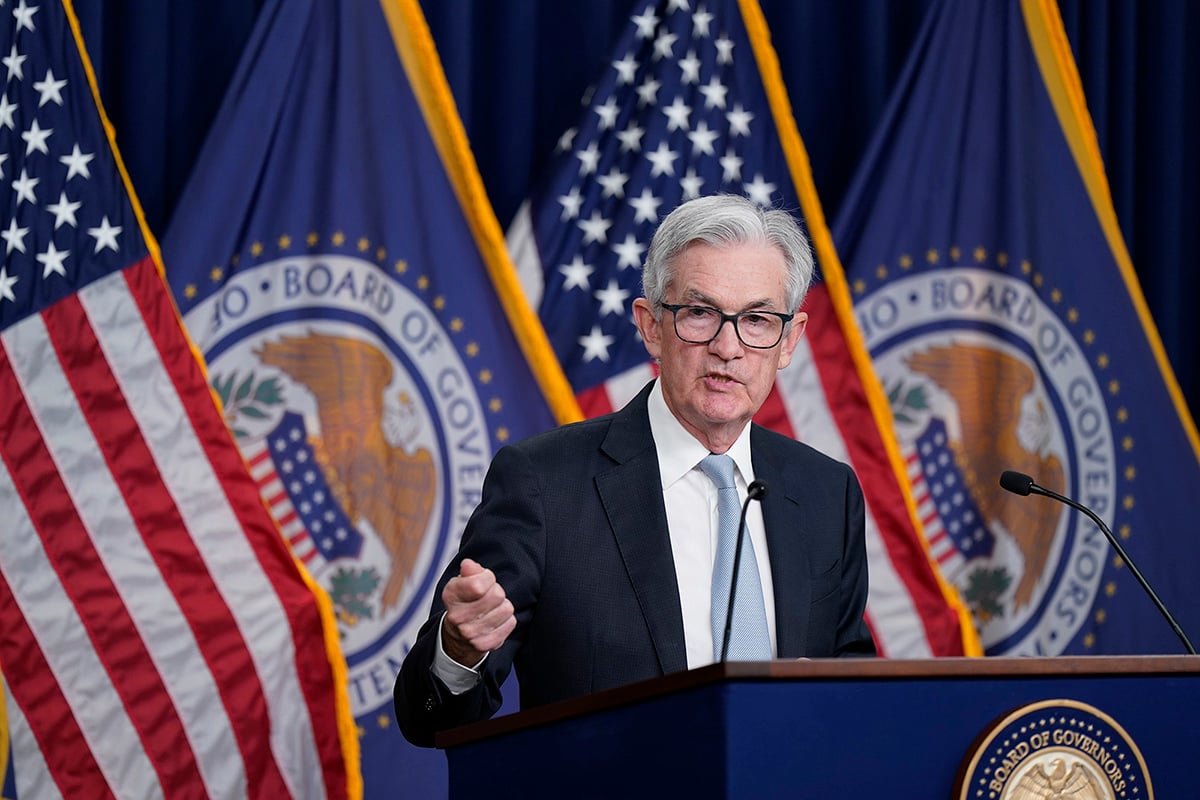 (Photo: Mike
Scarcella/ALM.)
(Photo: Mike
Scarcella/ALM.)'Propelling Growth'
“This is a moment years in the making,” Crapo said in a statement after the bill's passing. “This step toward right-sizing regulation will allow local banks and credit unions to focus more on lending, in turn propelling economic growth and creating jobs.”Moderate Democrats' support for the bill has sparked fights with progressives including Senator Elizabeth Warren of Massachusetts, who say the bill is a gift to bank lobbyists.“The bill would raise the asset threshold at which banks would be subject to enhanced supervision by regulators, weaken stress tests and capital requirements for big banks, undermine critical mortgage protections, and exempt 85 percent of depository institutions from reporting important Home Mortgage Disclosure Act data,” Representative Maxine Waters of California, the top Democrat on the House Financial Services Committee, said in a statement before the vote. “I'm all for helping community banks and credit unions, but this bill goes way beyond that and includes massive giveaways to Wall Street.”The legislation gives smaller banks relief from post-crisis rules that they've decried as burdensome and costly. It raises the threshold for banks to be considered systemically important financial institutions (SIFIs), and thus face stricter Federal Reserve oversight, from $50 billion in assets to $250 billion. That would free companies such as American Express Co. and SunTrust Banks Inc. from higher compliance costs associated with being considered too big to fail.It could also spark a wave of deal-making among regional firms that have been reluctant to cross the $50 billion threshold.
'Bigger Deals'
“This gives us the ability to do more deals and bigger deals,” said Joe Ficalora, CEO of New York Community Bancorp Inc., which has $49.6 billion in assets. “There are many opportunities, and we've just been waiting for the timing to be right."Even if the bill is signed into law, the Federal Reserve will ultimately determine how much relief regional firms get—and how soon. While losing the SIFI label frees them from some stricter oversight and annual stress tests mandated by Dodd-Frank, banks with more than $50 billion in assets are still subject to other rules including the Fed's annual Comprehensive Capital Analysis and Review.If the Federal Reserve does decide to make changes in response to the legislation, the process that could take months, even a year, according to Jared Seiberg, an analyst at Cowen Inc.There are fewer gains in the legislation for Wall Street banks and investment firms, which will have to rely on regulators appointed by Trump to dial back hated constraints such as the Volcker Rule ban on proprietary trading.
Complete your profile to continue reading and get FREE access to Treasury & Risk, part of your ALM digital membership.
Your access to unlimited Treasury & Risk content isn’t changing.
Once you are an ALM digital member, you’ll receive:
- Critical Treasury & Risk information including in-depth analysis of treasury and finance best practices, case studies with corporate innovators, informative newsletters, educational webcasts and videos, and resources from industry leaders.
- Exclusive discounts on ALM and Treasury & Risk events.
- Access to other award-winning ALM websites including PropertyCasualty360.com and Law.com.
*May exclude premium content
Already have an account? Sign In
© 2024 ALM Global, LLC, All Rights Reserved. Request academic re-use from www.copyright.com. All other uses, submit a request to [email protected]. For more information visit Asset & Logo Licensing.






